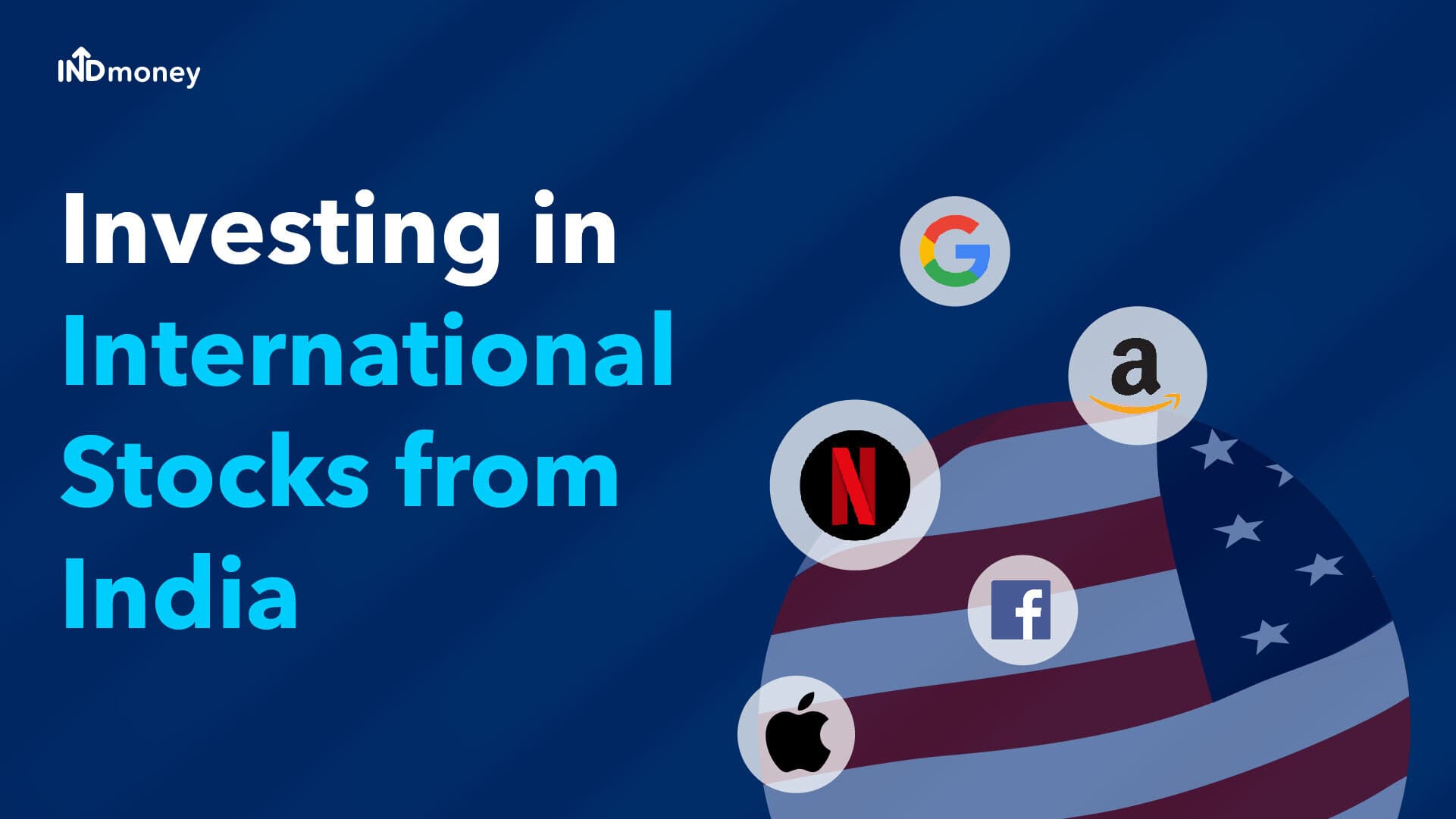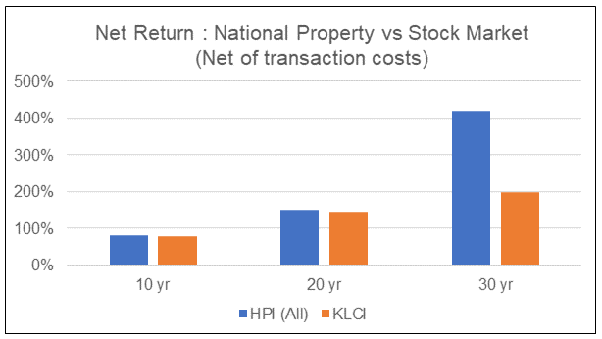
See Table 2 to learn more about futures markets. Table 2 shows the names of major futures exchanges as well as their origins. You can also find out about the products they offer. This information will allow you to choose which exchanges are best for you. There are many futures exchanges available, including equities and commodities.
Table 2.
A futures exchange is a market that offers commodities and equities as exchange-traded products. These exchanges set trading standards and rules, and they provide a trading platform for the market. They also facilitate the dissemination of information to market participants. A clearinghouse on a futures exchange ensures that contracts are settled promptly. Futures markets are characterized by a zero sum dynamic. This means that prices for one commodity are determined based on its value.

Major futures exchanges
Major futures markets are central marketplaces that enable buyers and sellers to trade various financial instruments and commodities. They offer settlement and clearing services, which help to reduce the risk that a counterparty defaults. Here is a list of some popular exchanges.
Origins
The origins of futures trading are as old as human civilization itself. Futures trading was developed from the methods of standardizing trade and storing goods for future delivery by ancient Greek and Roman civilizations. The medieval period saw the return of centralized trading and futures trade was born.
Products
Futures exchanges can offer a variety products and assets. CME lists futures on weather, real estate, and freight and clears over-the counter swaps. The ICE also offers contracts for carbon dioxide emissions and other products. Many of these products have just been introduced, and many are still being debated or blocked by the industries they are serving.

Regulations
Futures exchanges are selfregulating organizations with strict rules. They protect market participants, promote integrity, and equality. Each exchange has a separate department that monitors the markets and provides constant surveillance. These exchanges enforce a higher standard of conduct on their members, providing due diligence and arbitration as well as restitution. Additionally, they provide educational resources for futures market participants.
FAQ
How can I find a great investment company?
A good investment manager will offer competitive fees, top-quality management and a diverse portfolio. Fees vary depending on what security you have in your account. Some companies don't charge fees to hold cash, while others charge a flat annual fee regardless of the amount that you deposit. Others charge a percentage of your total assets.
You also need to know their performance history. A company with a poor track record may not be suitable for your needs. Avoid companies with low net assets value (NAV), or very volatile NAVs.
Finally, it is important to review their investment philosophy. To achieve higher returns, an investment firm should be willing and able to take risks. If they aren't willing to take risk, they may not meet your expectations.
Are bonds tradeable
Yes they are. You can trade bonds on exchanges like shares. They have been doing so for many decades.
The main difference between them is that you cannot buy a bond directly from an issuer. They must be purchased through a broker.
It is much easier to buy bonds because there are no intermediaries. This also means that if you want to sell a bond, you must find someone willing to buy it from you.
There are several types of bonds. While some bonds pay interest at regular intervals, others do not.
Some pay interest every quarter, while some pay it annually. These differences make it possible to compare bonds.
Bonds can be very useful for investing your money. In other words, PS10,000 could be invested in a savings account to earn 0.75% annually. If you were to invest the same amount in a 10-year Government Bond, you would get 12.5% interest every year.
If all of these investments were accumulated into a portfolio then the total return over ten year would be higher with the bond investment.
What is an REIT?
An entity called a real estate investment trust (REIT), is one that holds income-producing properties like apartment buildings, shopping centers and office buildings. These publicly traded companies pay dividends rather than paying corporate taxes.
They are similar to corporations, except that they don't own goods or property.
How are share prices established?
The share price is set by investors who are looking for a return on investment. They want to make money from the company. They then buy shares at a specified price. Investors will earn more if the share prices rise. If the share price falls, then the investor loses money.
An investor's main goal is to make the most money possible. They invest in companies to achieve this goal. This allows them to make a lot of money.
Who can trade in the stock market?
Everyone. There are many differences in the world. Some have better skills and knowledge than others. So they should be rewarded.
Other factors also play a role in whether or not someone is successful at trading stocks. If you don't understand financial reports, you won’t be able take any decisions.
Learn how to read these reports. Each number must be understood. It is important to be able correctly interpret numbers.
You will be able spot trends and patterns within the data. This will enable you to make informed decisions about when to purchase and sell shares.
If you are lucky enough, you may even be able to make a lot of money doing this.
How does the stockmarket work?
You are purchasing ownership rights to a portion of the company when you purchase a share of stock. Shareholders have certain rights in the company. He/she can vote on major policies and resolutions. He/she can demand compensation for damages caused by the company. He/she may also sue for breach of contract.
A company cannot issue more shares than its total assets minus liabilities. It's called 'capital adequacy.'
A company with a high capital adequacy ratio is considered safe. Companies with low ratios are risky investments.
What are the advantages of owning stocks
Stocks are more volatile that bonds. When a company goes bankrupt, the value of its shares will fall dramatically.
But, shares will increase if the company grows.
For capital raising, companies will often issue new shares. This allows investors to purchase additional shares in the company.
Companies borrow money using debt finance. This allows them to borrow money cheaply, which allows them more growth.
A company that makes a good product is more likely to be bought by people. As demand increases, so does the price of the stock.
The stock price will continue to rise as long that the company continues to make products that people like.
Why is a stock called security.
Security is an investment instrument whose value depends on another company. It can be issued by a corporation (e.g. shares), government (e.g. bonds), or another entity (e.g. preferred stocks). If the asset's value falls, the issuer will pay shareholders dividends, repay creditors' debts, or return capital.
Statistics
- For instance, an individual or entity that owns 100,000 shares of a company with one million outstanding shares would have a 10% ownership stake. (investopedia.com)
- Individuals with very limited financial experience are either terrified by horror stories of average investors losing 50% of their portfolio value or are beguiled by "hot tips" that bear the promise of huge rewards but seldom pay off. (investopedia.com)
- Even if you find talent for trading stocks, allocating more than 10% of your portfolio to an individual stock can expose your savings to too much volatility. (nerdwallet.com)
- The S&P 500 has grown about 10.5% per year since its establishment in the 1920s. (investopedia.com)
External Links
How To
How to Open a Trading Account
It is important to open a brokerage accounts. There are many brokers out there, and they all offer different services. Some brokers charge fees while some do not. Etrade is the most well-known brokerage.
After opening your account, decide the type you want. These are the options you should choose:
-
Individual Retirement Accounts (IRAs).
-
Roth Individual Retirement Accounts (RIRAs)
-
401(k)s
-
403(b)s
-
SIMPLE IRAs
-
SEP IRAs
-
SIMPLE 401(k).
Each option has different benefits. IRA accounts are more complicated than other options, but have more tax benefits. Roth IRAs allow investors to deduct contributions from their taxable income but cannot be used as a source of funds for withdrawals. SIMPLE IRAs and SEP IRAs can both be funded using employer matching money. SIMPLE IRAs are simple to set-up and very easy to use. They enable employees to contribute before taxes and allow employers to match their contributions.
The final step is to decide how much money you wish to invest. This is your initial deposit. Most brokers will offer you a range deposit options based on your return expectations. A range of deposits could be offered, for example, $5,000-$10,000, depending on your rate of return. The lower end of the range represents a prudent approach, while those at the top represent a more risky approach.
After you've decided which type of account you want you will need to choose how much money to invest. You must invest a minimum amount with each broker. These minimum amounts can vary from broker to broker, so make sure you check with each one.
After deciding the type of account and the amount of money you want to invest, you must select a broker. Before you choose a broker, consider the following:
-
Fees: Make sure your fees are clear and fair. Brokers will often offer rebates or free trades to cover up fees. However, some brokers actually increase their fees after you make your first trade. Do not fall for any broker who promises extra fees.
-
Customer service – Look for customer service representatives that are knowledgeable about the products they sell and can answer your questions quickly.
-
Security – Choose a broker offering security features like multisignature technology and 2-factor authentication.
-
Mobile apps – Check to see if the broker provides mobile apps that enable you to access your portfolio wherever you are using your smartphone.
-
Social media presence: Find out if the broker has a social media presence. It might be time for them to leave if they don't.
-
Technology – Does the broker use cutting edge technology? Is the trading platform user-friendly? Are there any issues when using the platform?
Once you've selected a broker, you must sign up for an account. Some brokers offer free trials, while others charge a small fee to get started. After signing up you will need confirmation of your email address. Next, you will be asked for personal information like your name, birth date, and social security number. You'll need to provide proof of identity to verify your identity.
Once verified, you'll start receiving emails form your brokerage firm. It's important to read these emails carefully because they contain important information about your account. These emails will inform you about the assets that you can sell and which types of transactions you have available. You also learn the fees involved. Also, keep track of any special promotions that your broker sends out. These may include contests or referral bonuses.
The next step is to open an online account. An online account can usually be opened through a third party website such as TradeStation, Interactive Brokers, or any other similar site. Both sites are great for beginners. You will need to enter your full name, address and phone number in order to open an account. After this information has been submitted, you will be given an activation number. This code is used to log into your account and complete this process.
Now that you've opened an account, you can start investing!